Last Updated: 11/08/2025
Maine Coon Cat | Breed Guide
Discover our comprehensive Maine Coon Breed Guide, written by our expert vet team. It's packed with essential facts and practical care tips on health, grooming, and nutrition to help you provide the best for your gentle giant.
Author: Dr Teagan Lever BVSc (Hons)
Reading Time: 7 minutes - short read
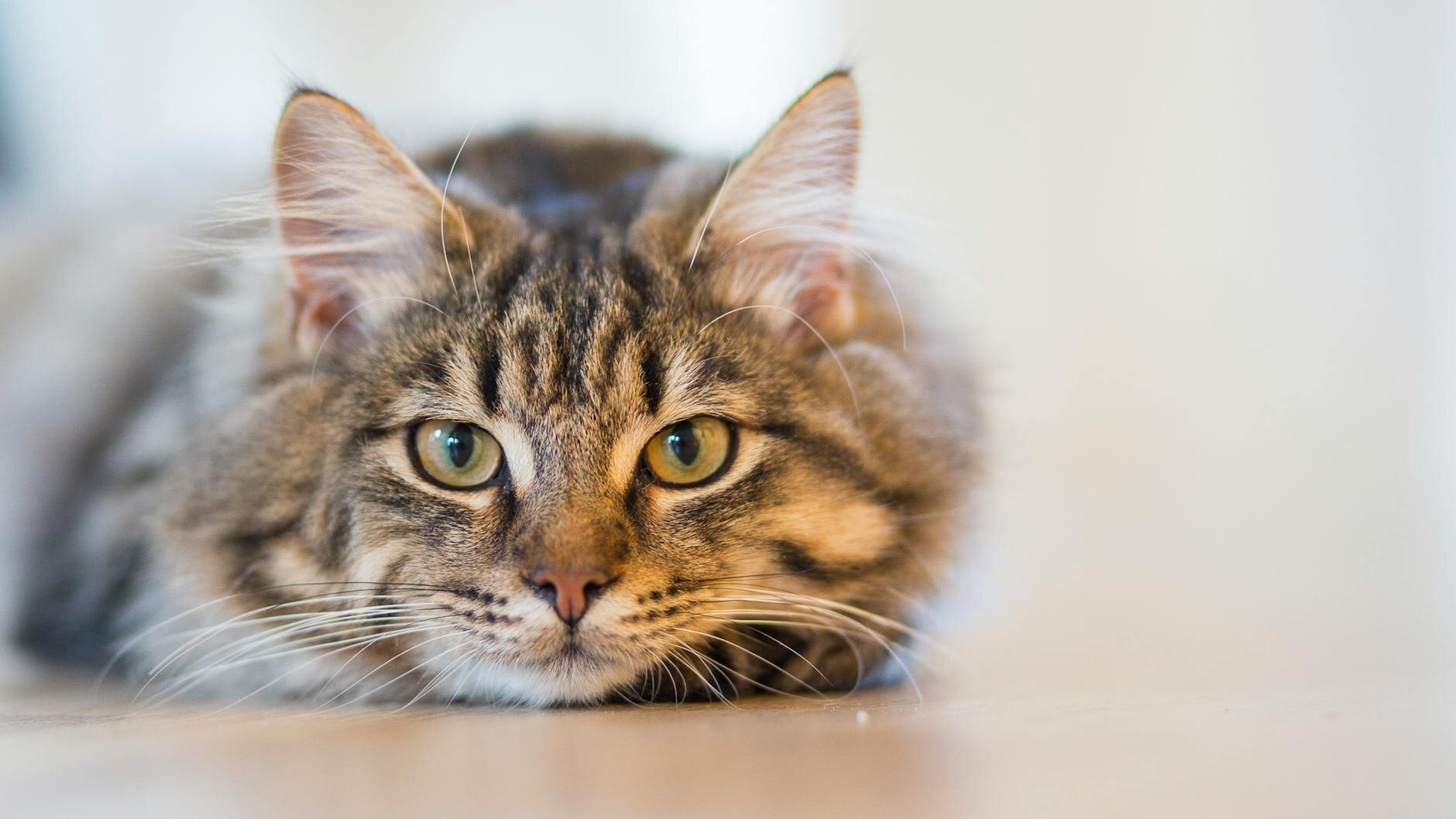
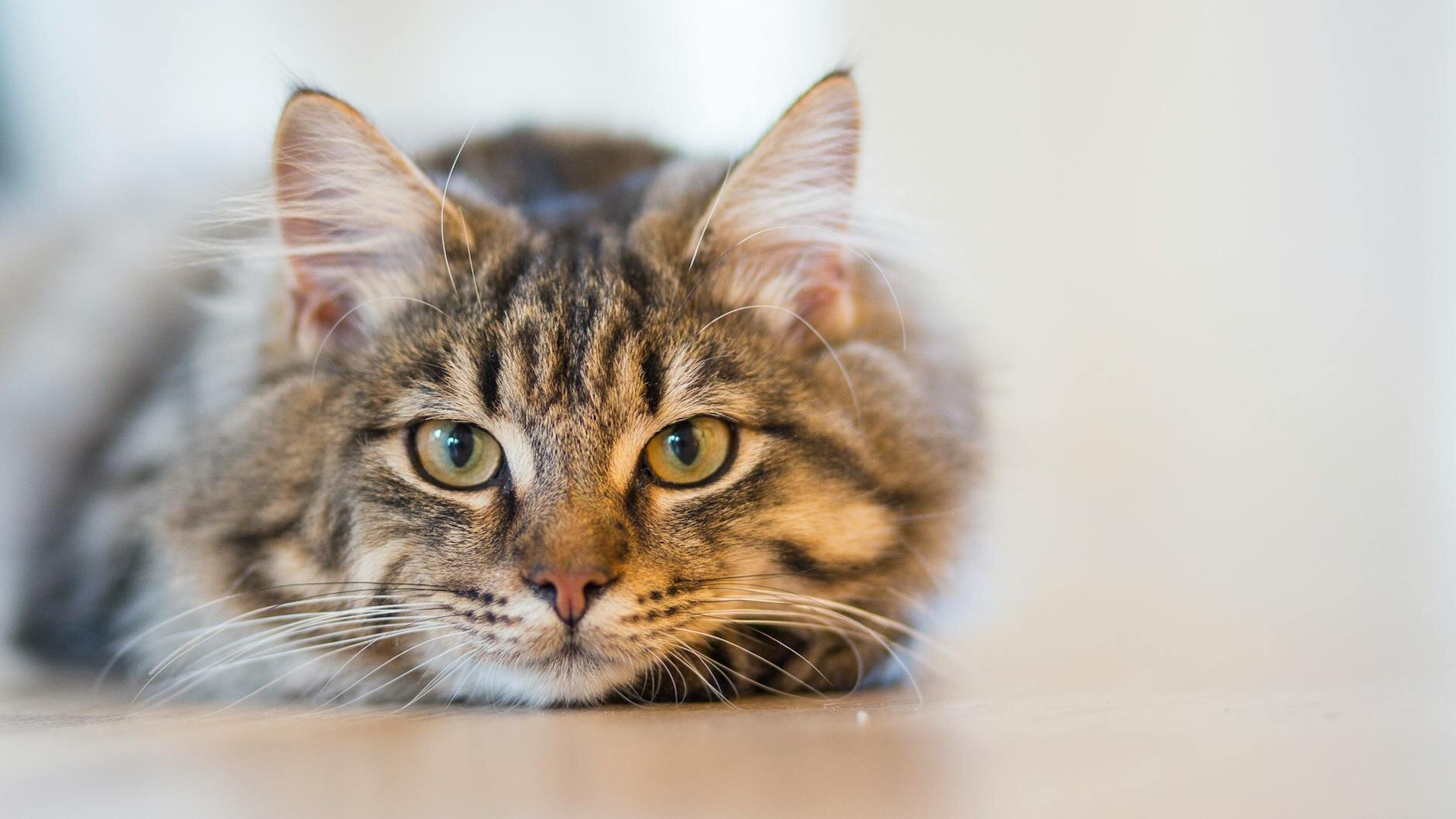

Nutrition
Feeding a high quality diet that is tailored to your Maine Coon's age and size will help to keep them healthy and happy. Getting nutrition right can help to prevent, reduce or manage some commonly occurring health conditions in Maine Coons such as urinary issues and weight gain.
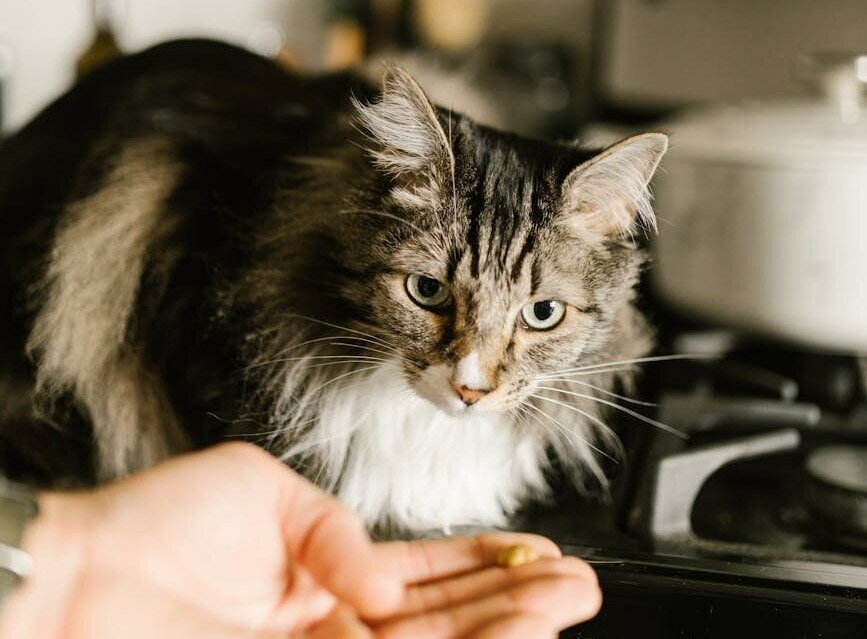
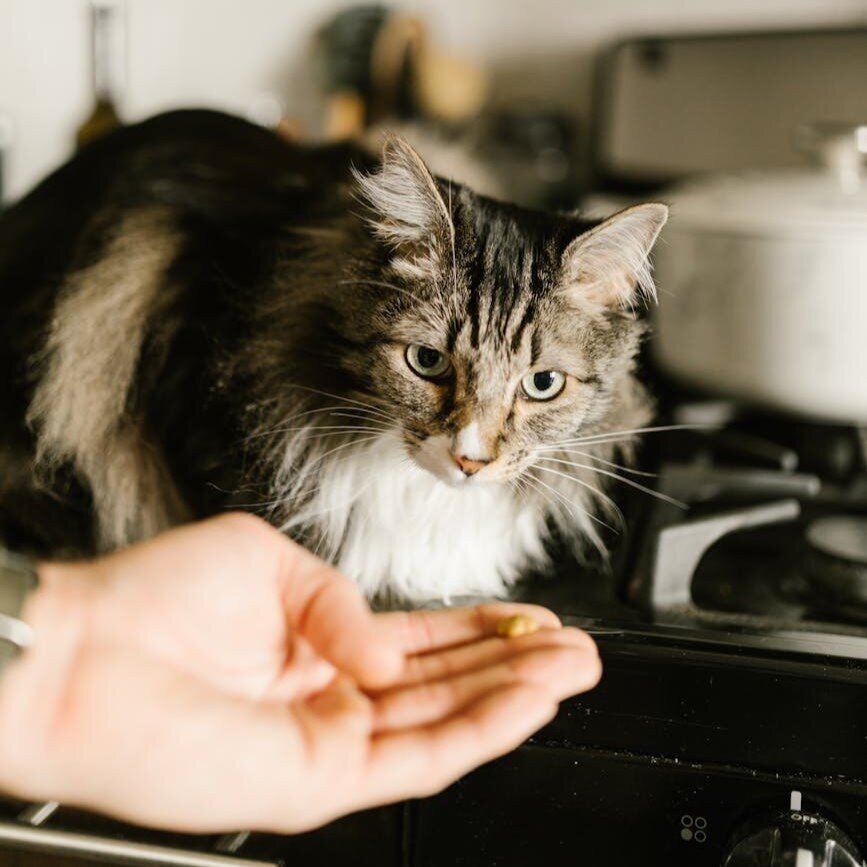

Flea & worming
Keeping your Maine Coon protected year round against common parasites is essential to maintaining their health, even if they live entirely indoors. This should include coverage against fleas, ticks, heartworm and intestinal worms.
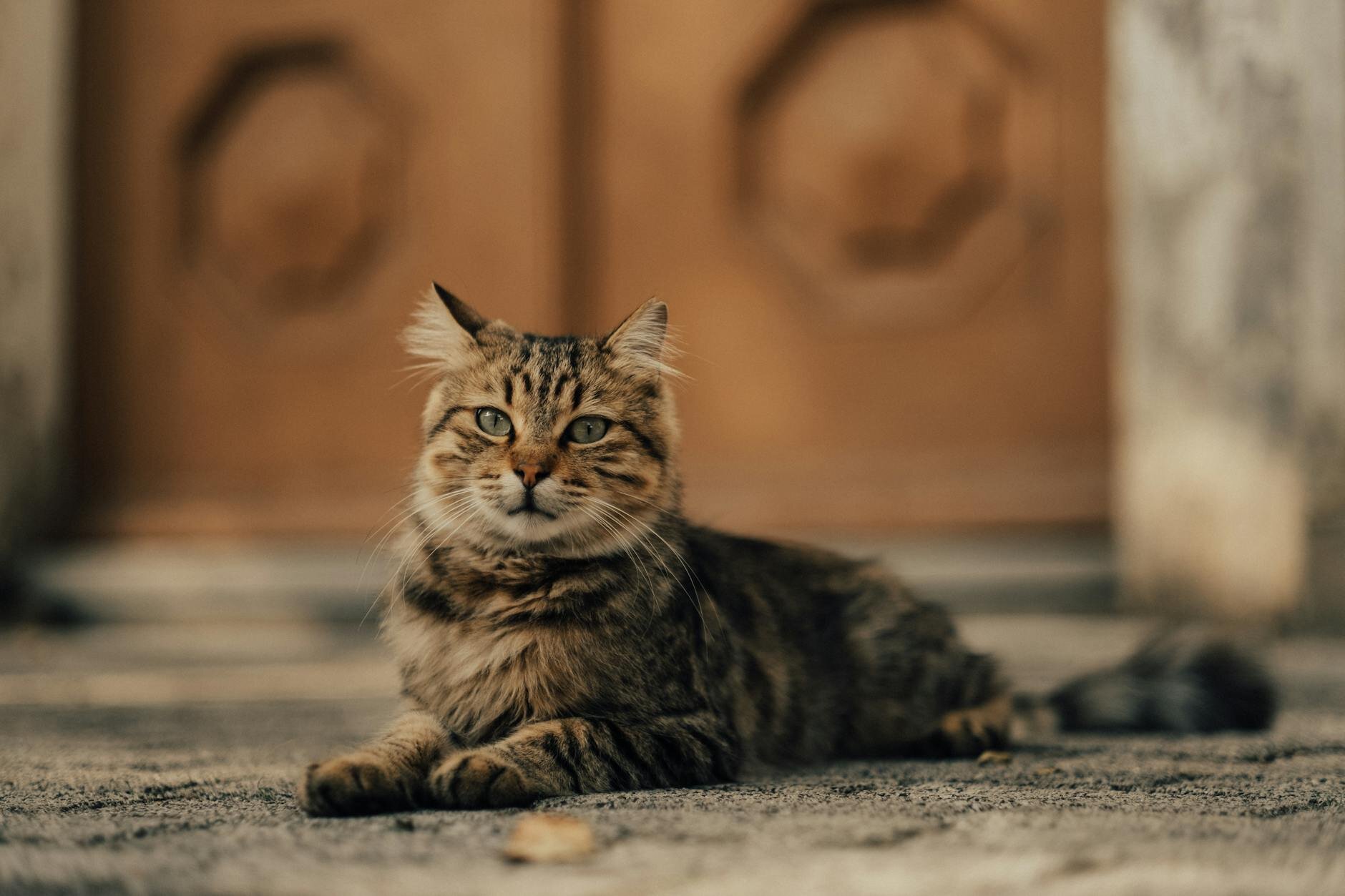
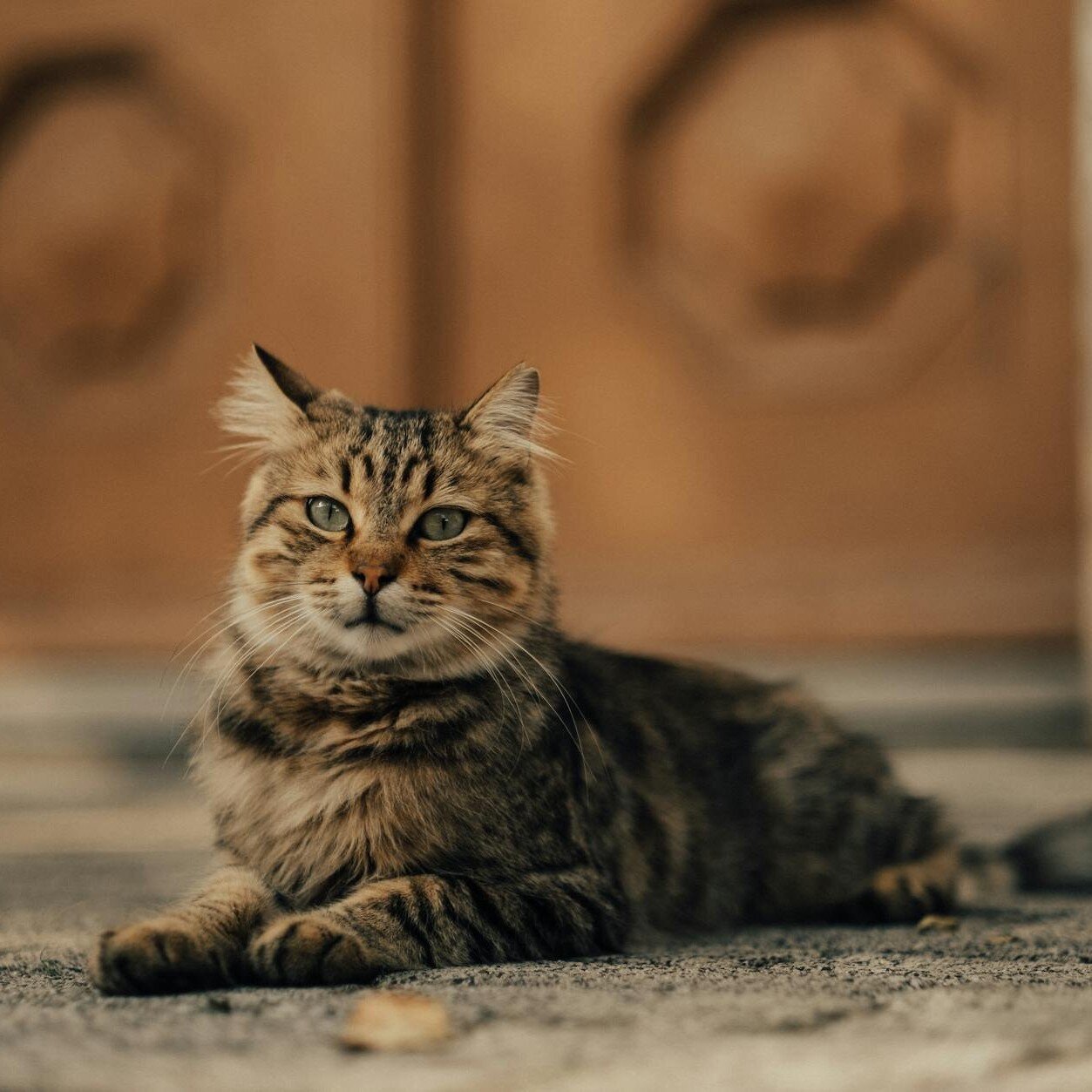

Health
Hip dysplasia, a malformation of the hip joint that can lead to arthritis, is a common issue in Maine Coons, particularly given their large size. At-home management strategies include maintaining a healthy weight to reduce stress on the joints and joint supplements.
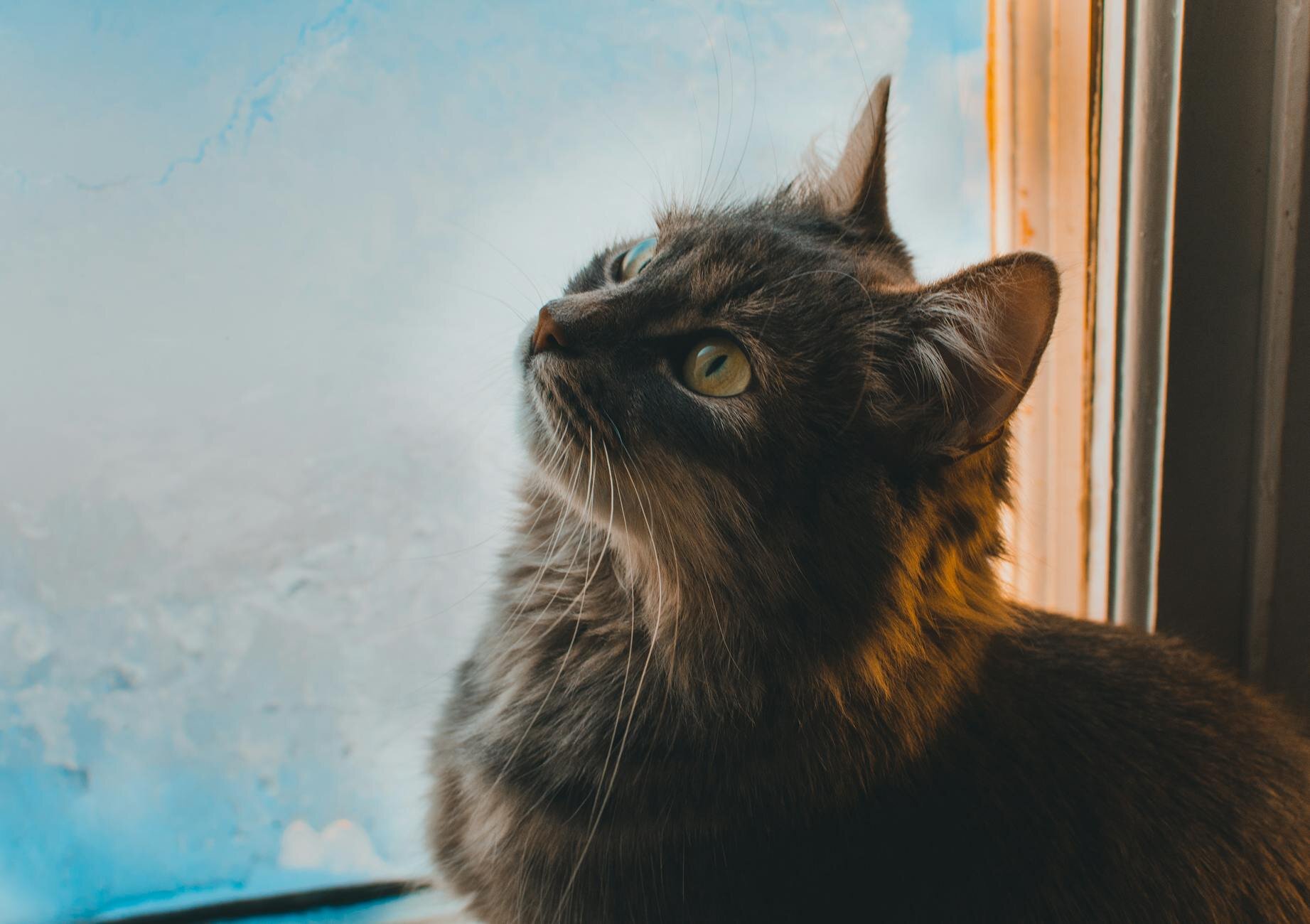
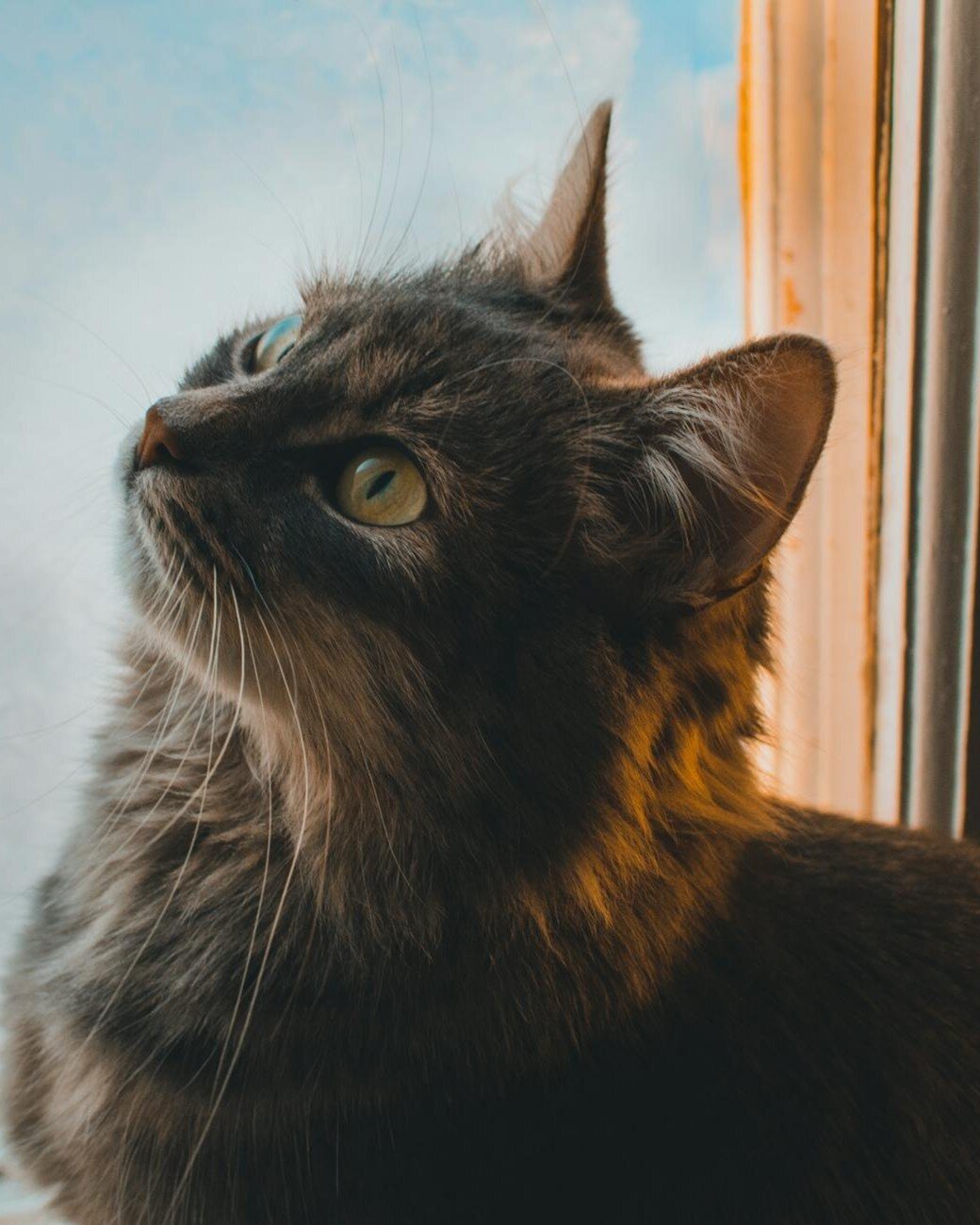
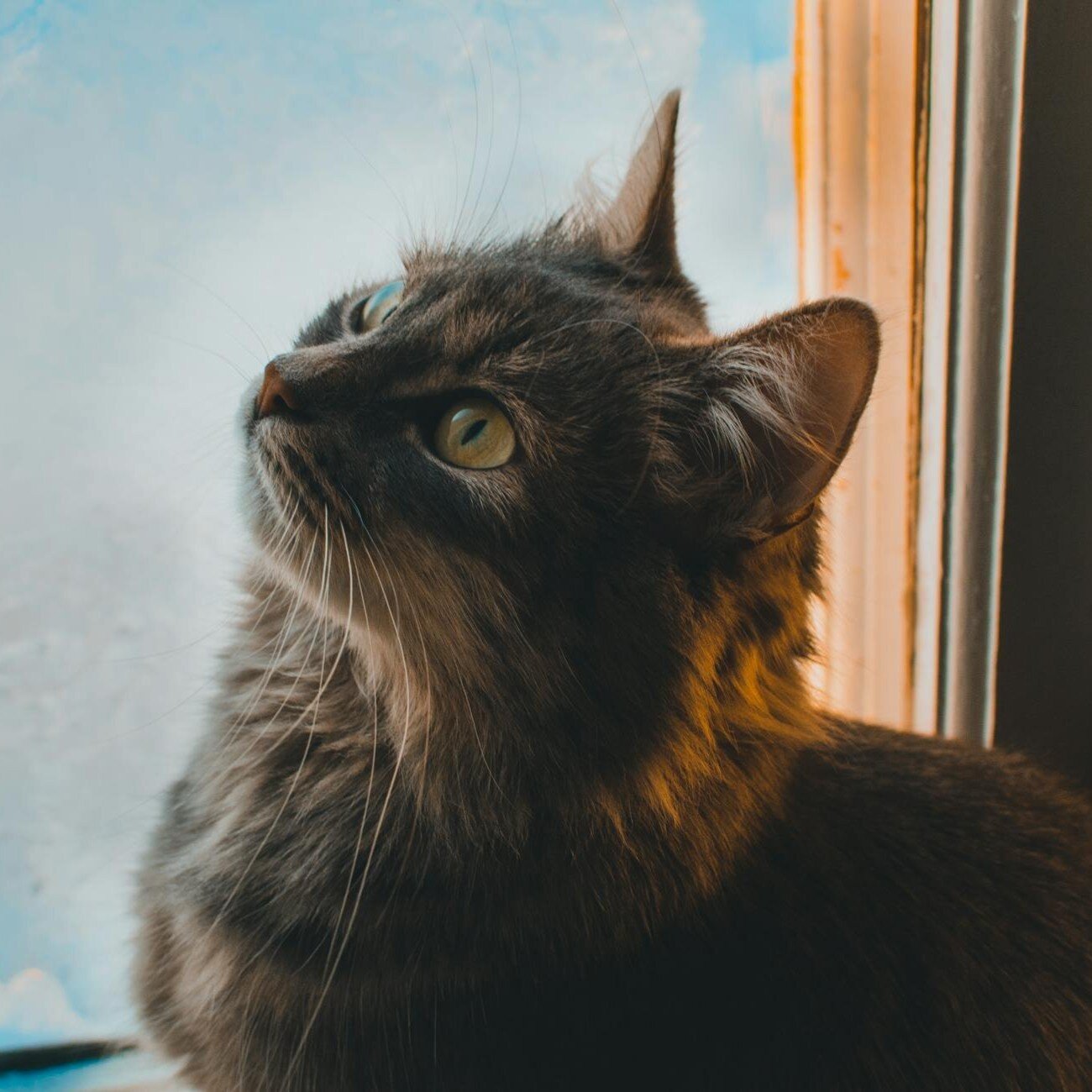
Training and activity
Training Maine Coon cats can be a rewarding experience due to their remarkable intelligence and "dog-like" personalities. They are often eager to please and quick to learn, making them highly trainable. The most effective approach is positive reinforcement, using rewards such as treats, praise, or playtime to encourage desired behaviours. Short, frequent training sessions are ideal to maintain their interest.
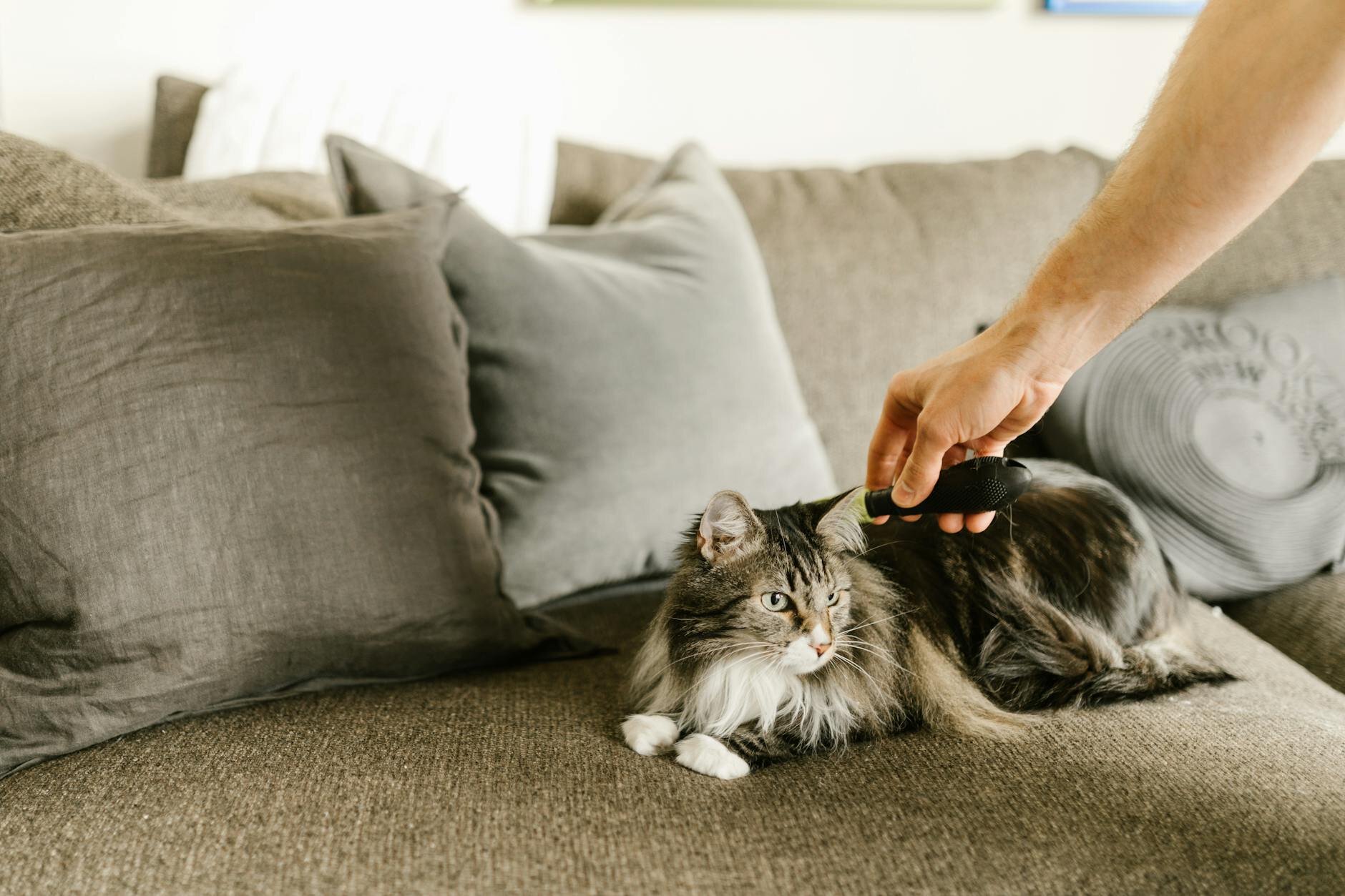
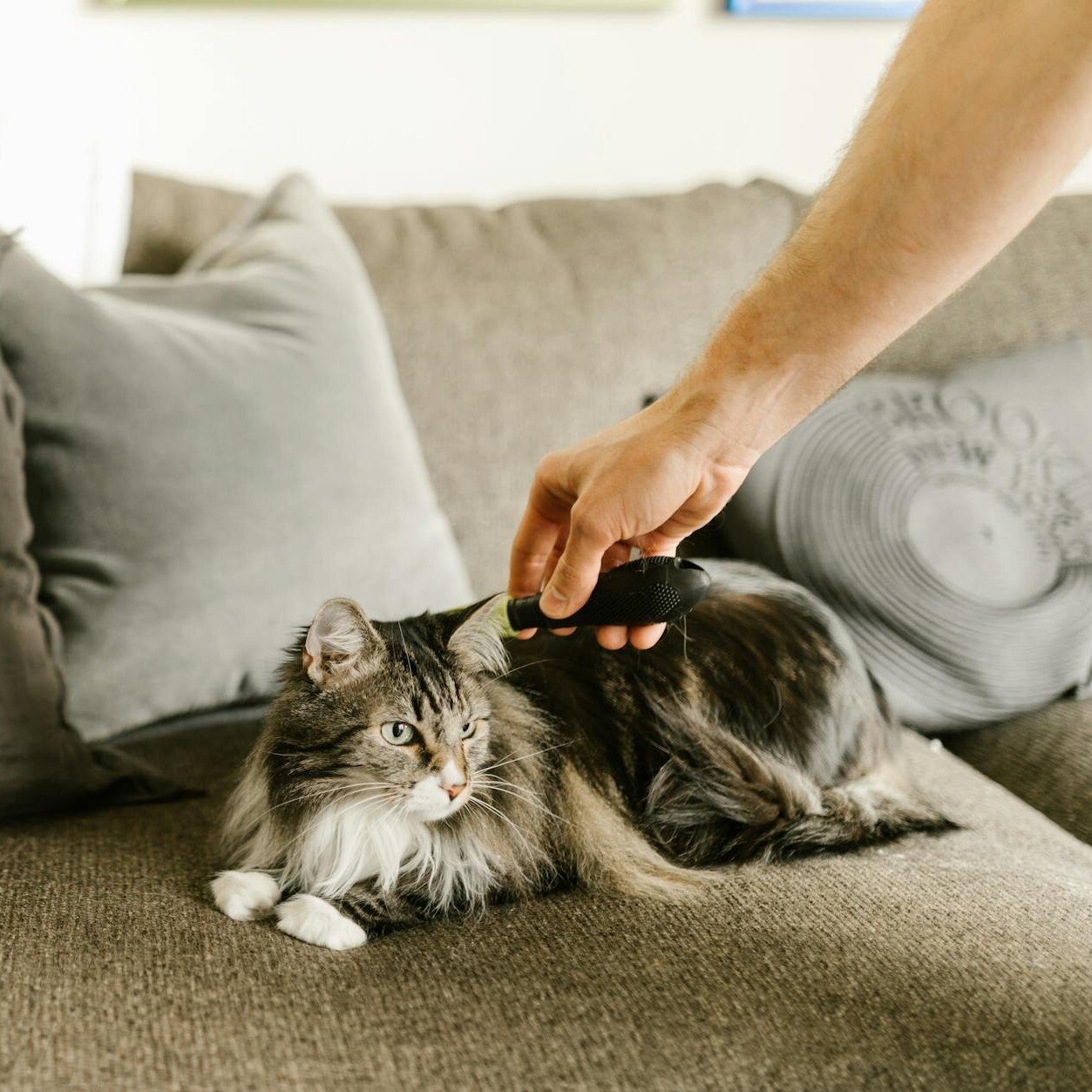

Grooming
Regular grooming is a crucial aspect of your cat's overall health care, as it not only removes loose fur and debris to prevent painful mats but also stimulates circulation for healthier skin while strengthening the bond you share.
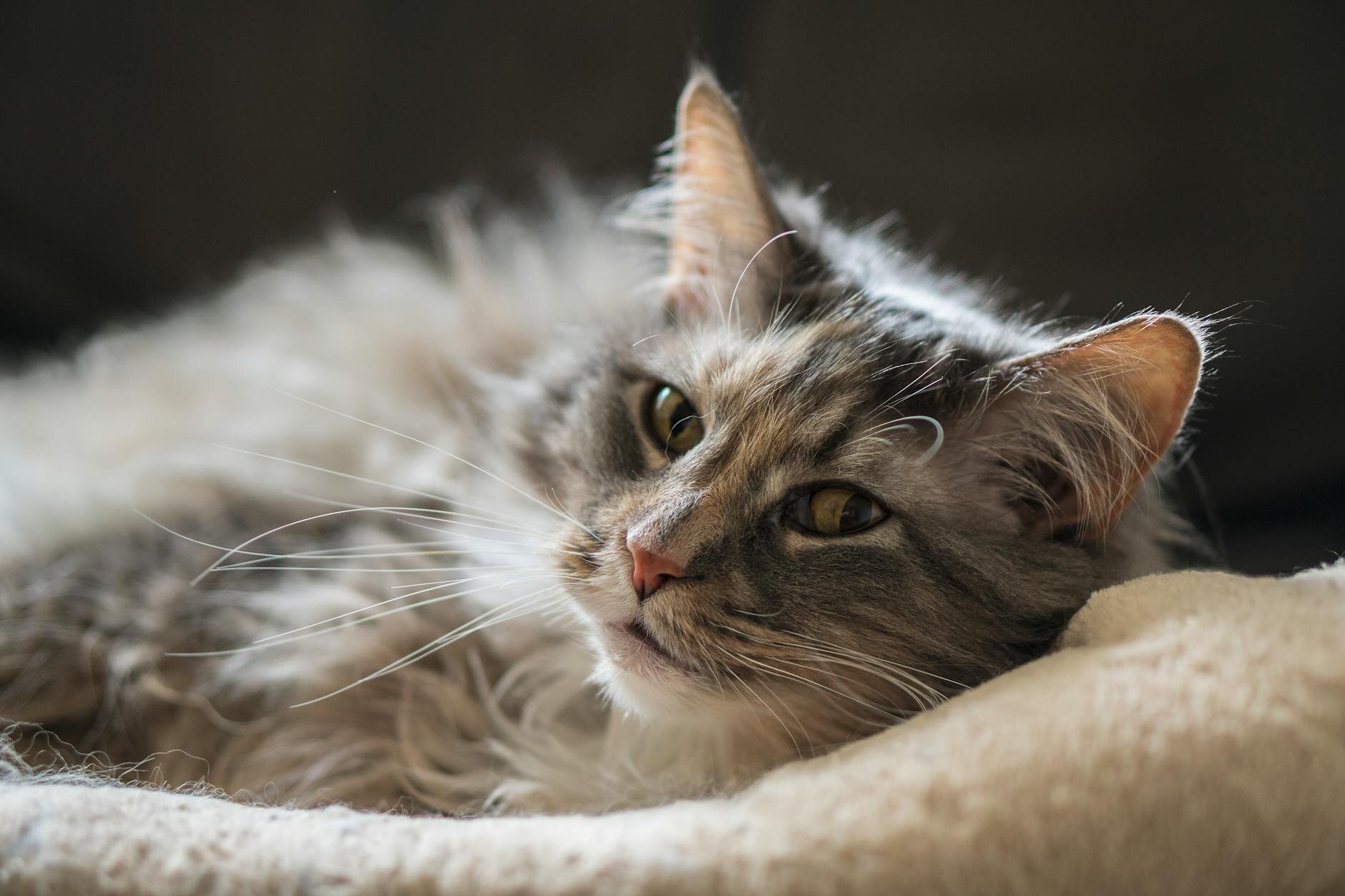
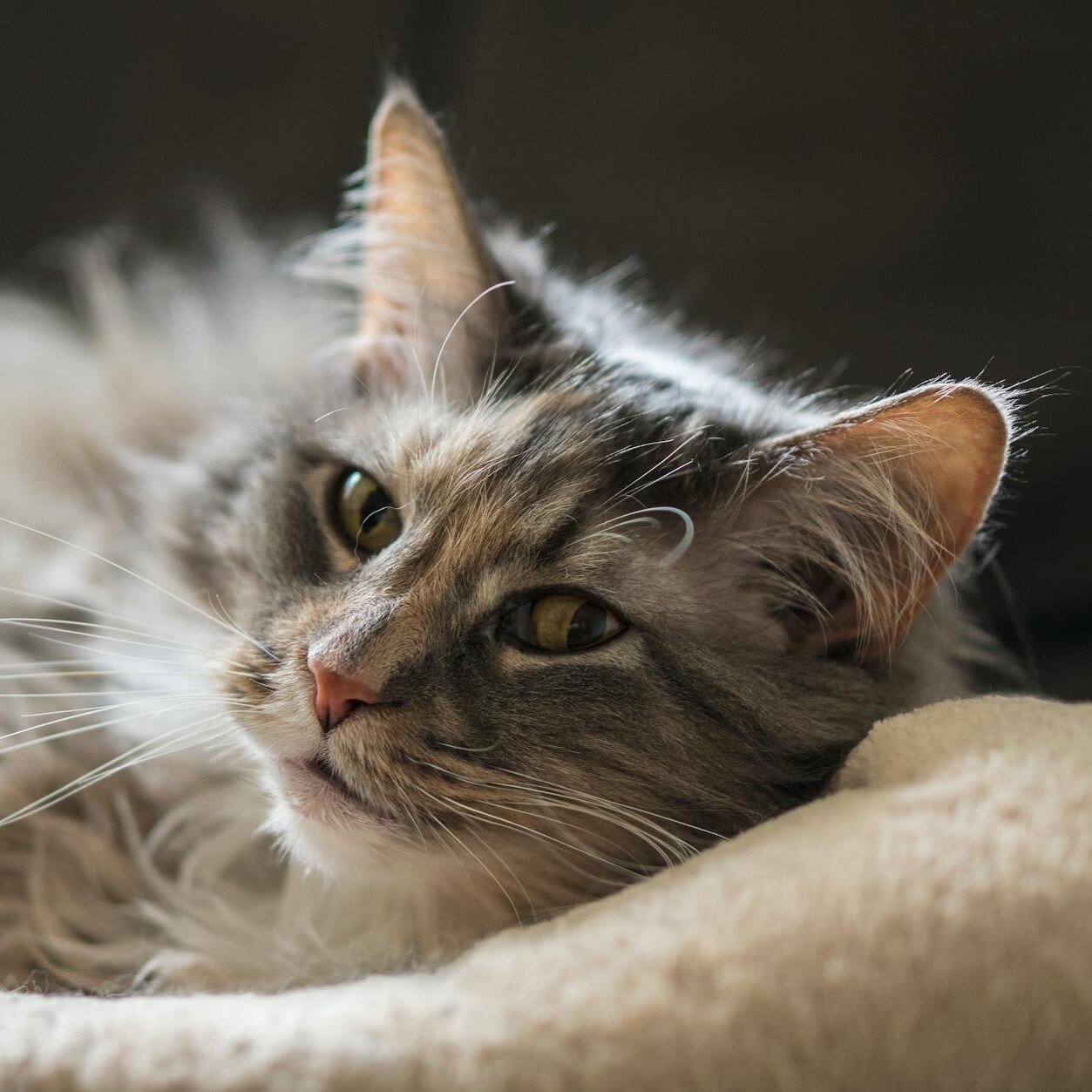

Sleep, travel and home
Creating a comfortable and stimulating environment for your Maine Coon at home, such as providing scratching posts, cat trees, and interactive toys, is crucial for their physical and mental well-being. When travelling, using a secure carrier or harness and gradually introducing them to new environments can minimise stress and ensure a positive experience.

